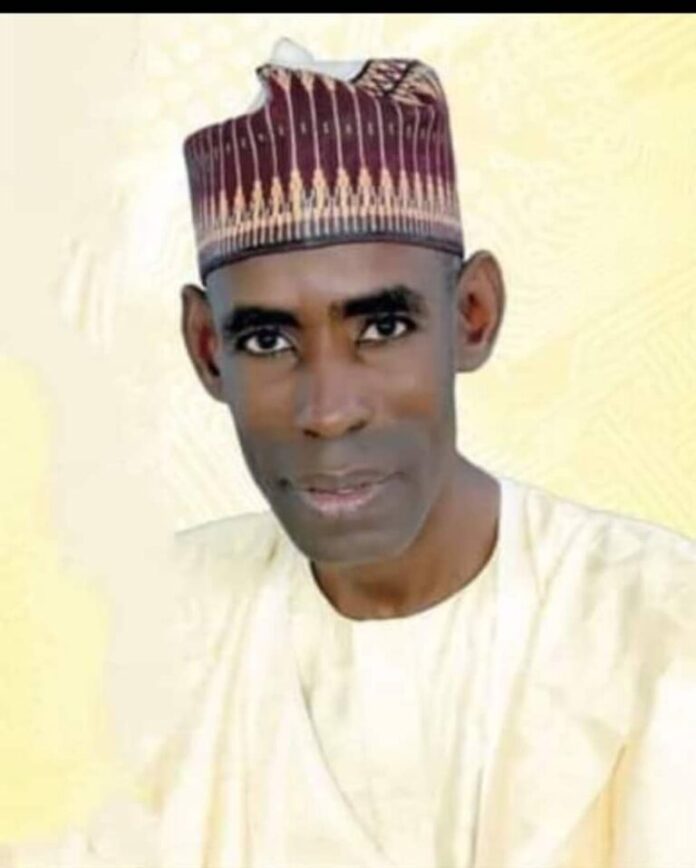Arewa: From voting power to development power! – A rejoinder, by Engr. Bello Gwarzo Abdullahi, FNSE
Khuraira Musa’s thought-provoking piece, “AREWA: From Voting Power to Development Power!”, serves as a timely and compelling wake-up call to the leadership and stakeholders of Northern Nigeria. It challenges us to break free from the cycle of underdevelopment, insecurity, and unemployment, and to reimagine Arewa as a region brimming with economic possibilities and transformative potential.
She rightly underscores the urgent need for a paradigm shift—from being a formidable voting bloc in national politics to becoming a true engine of economic development. Her argument is clear: each state in the North must leverage its unique natural endowments and industrial potential to drive sustainable growth, create jobs, and boost internally generated revenue. This transition requires intentional planning, collaboration, and an end to redundancy across states.
Her analysis provides a roadmap that deserves serious attention:
1. North-Western Region – States such as Kano, Kaduna, Katsina, Zamfara, Sokoto, Kebbi, and Jigawa are well-positioned to revive and scale up industries like textiles, leatherworks, agriculture, gold refining, cement production, and rice processing. These industries, if properly revitalised and supported, could employ hundreds of thousands and contribute billions in revenue annually.
2. North-Central Region & the FCT – Benue, Plateau, Niger, Kogi, Kwara, Nasarawa, and Abuja boast of vast mineral deposits, fertile agricultural land, and growing tech talent. Industries such as mining, cassava and sugarcane processing, as well as innovation-driven tech hubs, could transform the region into a center of agro-industrial and digital excellence.
3. North-Eastern Region – Despite the challenges of insecurity, states like Borno, Yobe, Bauchi, Adamawa, Taraba, and Gombe hold immense potential in livestock farming, fruit cultivation, tourism, and renewable energy. With investments in meat processing, fruit juice manufacturing, and solar power generation, the region can reclaim its economic relevance.
4. Cross-Cutting Opportunities – Several pan-Arewa opportunities also exist: coal-to-power initiatives in Kogi, ethanol and biomass energy projects in agriculturally rich states like Benue and Niger, and value-added exports such as shea butter from Niger and Adamawa to international markets. These represent low-hanging fruits that, if pursued, can generate both domestic value and foreign exchange.
5. Strategic Economic Vision – The future prosperity of Arewa depends on each state crafting and implementing a clear, actionable economic development plan tailored to its strengths.
Regional collaboration, public-private partnerships, and innovative financing mechanisms will be critical. But above all, citizens must begin to demand performance, not promises, from their leaders.
In summary, Arewa’s potential to create millions of jobs and generate trillions in revenue is not a distant dream—it is a tangible possibility. However, it requires bold leadership, committed followership, and a decisive move from political mobilisation to economic transformation.
This is the new narrative we must write. It is time to turn our voting power into development power—for the sake of present and future generations.
bgabdullahi@gmail.com
Follow the Neptune Prime channel on WhatsApp:
Do you have breaking news, interview request, opinion, suggestion, or want your event covered? Email us at neptuneprime2233@gmail.com






PDP